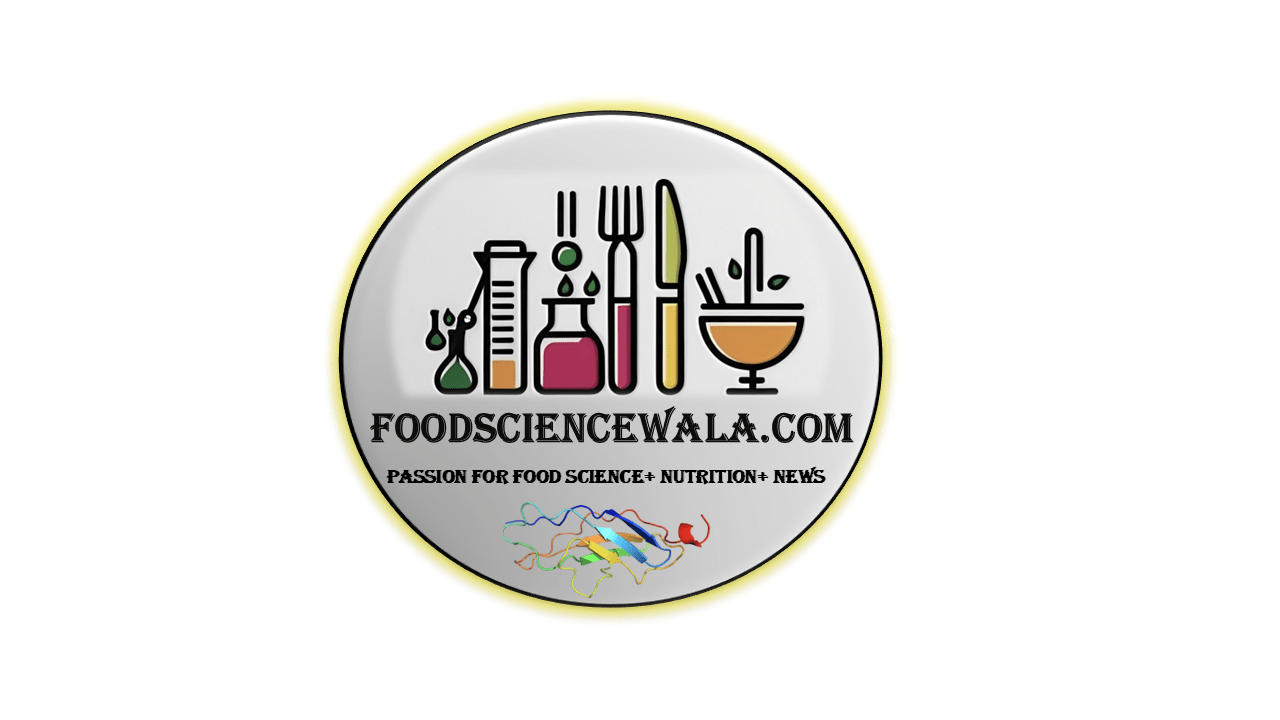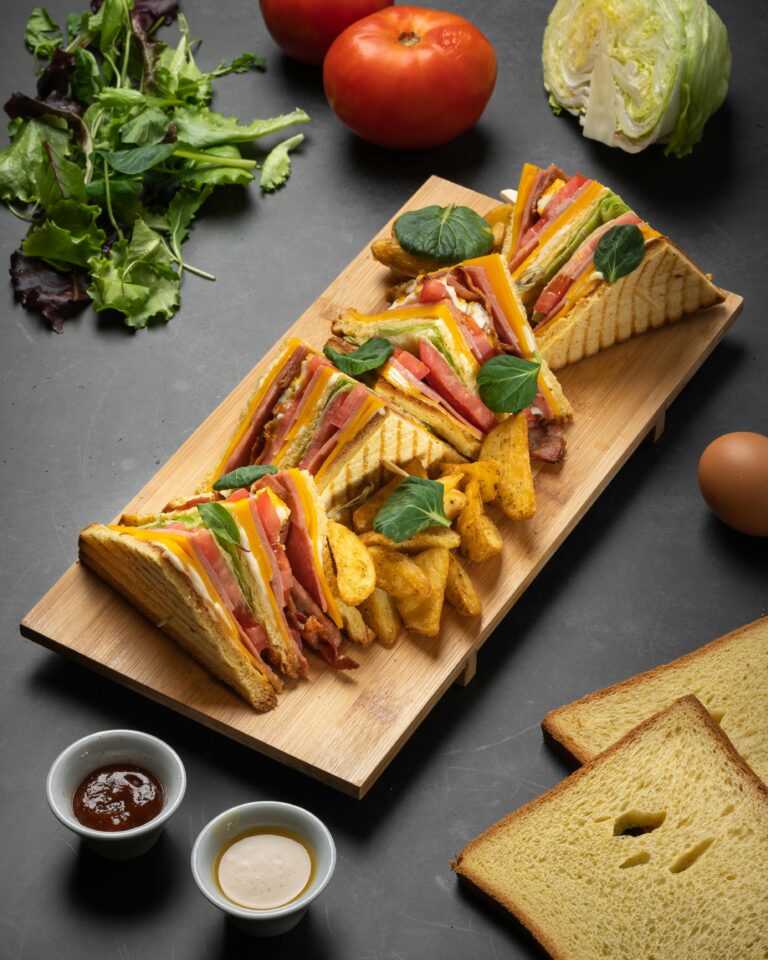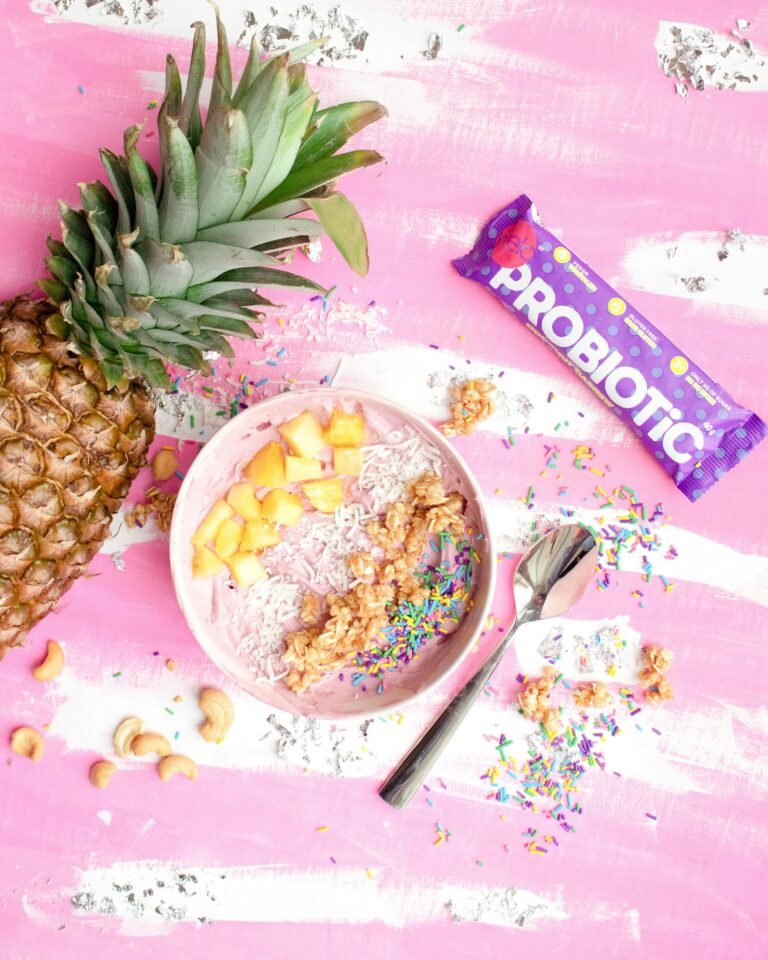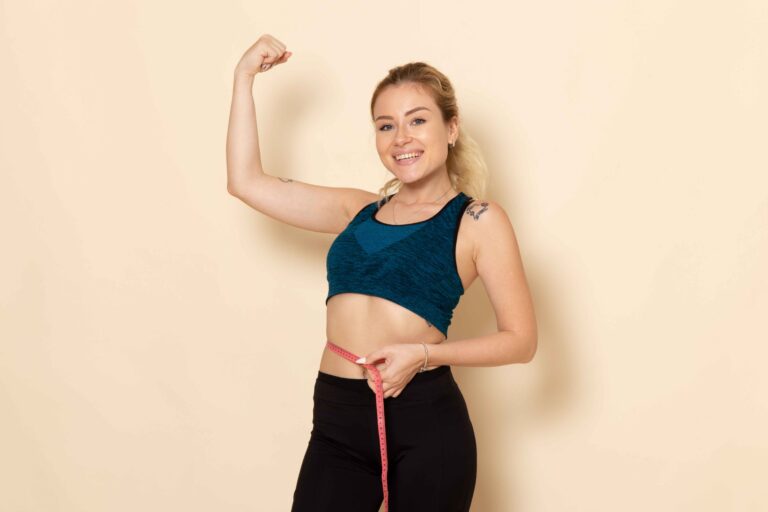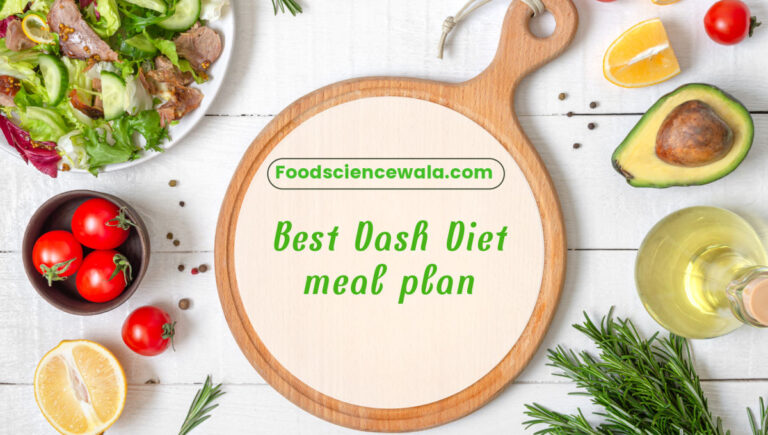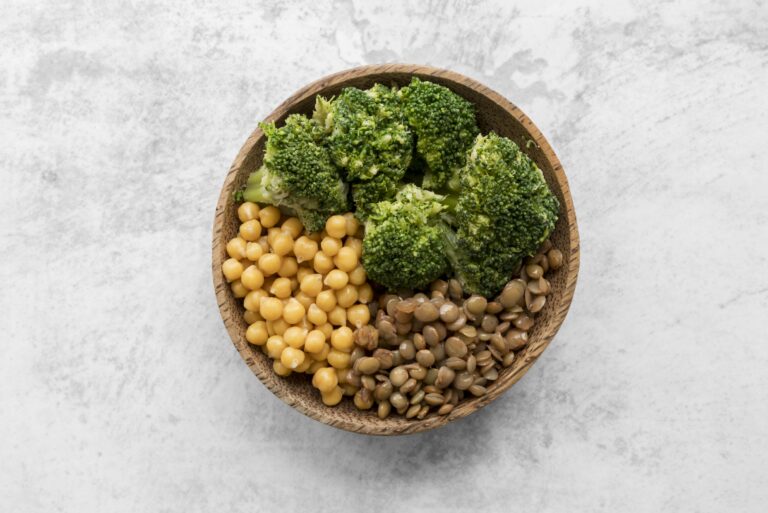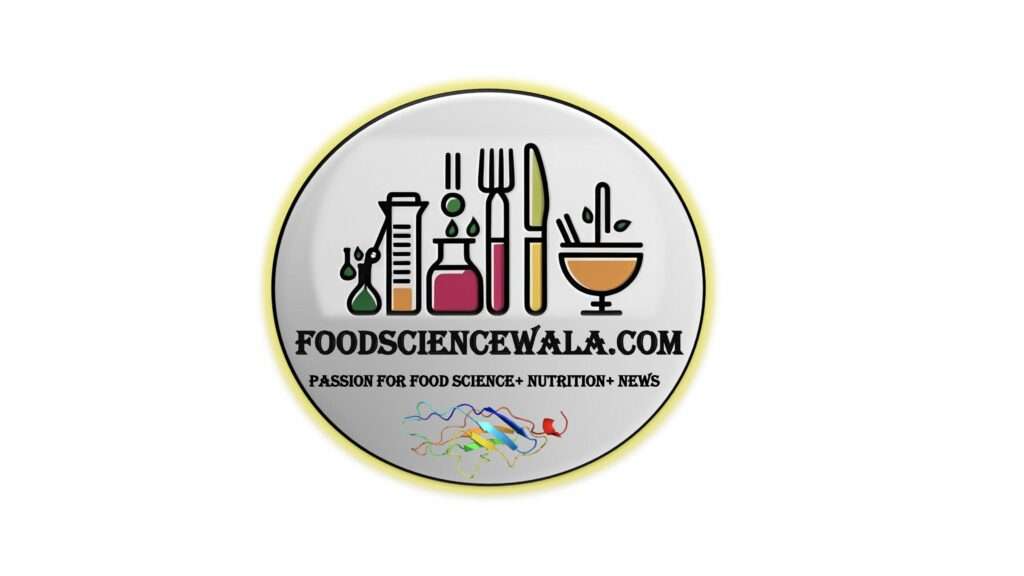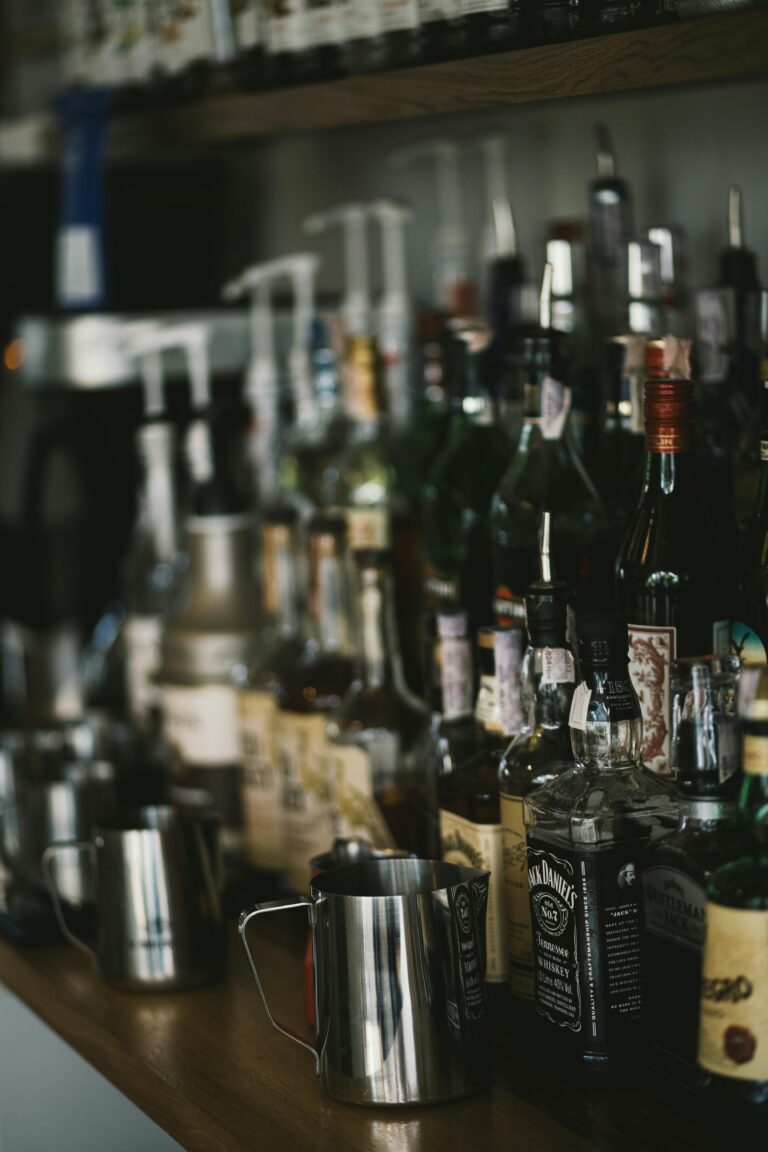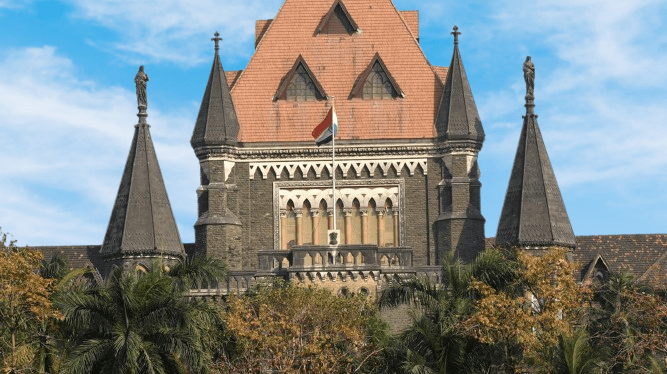Introduction:
A well-structured Gym Diet Plan is essential to truly maximize your efforts and achieve your fitness goals. Think of your body as a high-performance machine—it requires the right fuel to function at its best.
Whether you’re lifting weights, running on the treadmill, or doing yoga, understanding how proper nutrition complements your Gym Diet Plan can make all the difference.
Why Nutrition Matters in Gym Workouts?
Your workout results depend on what you eat before, during, and after exercising. Nutrition provides the energy to perform, supports recovery, and helps build and maintain muscle. Neglecting your diet can lead to fatigue, poor performance, and even injury.

Key Components of a Gym Diet
-
Macronutrients: The Big Three
Proteins
Proteins are the building blocks of muscles. They repair and grow muscle tissue damaged during workouts. Aim for high-quality protein sources like:
- Chicken, turkey, and lean beef
- Fish and seafood
- Eggs
- Dairy products
- Plant-based options like tofu, lentils, and beans
- Carbohydrates
Carbs are your body’s primary energy source. They fuel your workouts and replenish glycogen stores afterward. Great sources include:
- Whole grains (brown rice, quinoa, oats)
- Fruits (bananas, apples, berries)
- Vegetables (sweet potatoes, spinach, broccoli)
- Fats
Healthy fats provide long-lasting energy and support overall health.
- Nuts and seeds
- Avocados
- Olive oil
- Fatty fish like salmon
-
Micronutrients: Vitamins and Minerals
Micronutrients might not provide energy, but they’re essential for metabolic processes. Focus on:
- Iron for oxygen transport (found in spinach, red meat)
- Calcium for bone health (found in milk, yogurt)
- Magnesium for muscle relaxation (found in nuts, seeds, and leafy greens)
-
Hydration
Staying hydrated is non-negotiable. Water regulates your body temperature, lubricates joints, and helps transport nutrients. Aim for:
- 2–3 liters of water daily
- Additional fluids during and after workouts, especially if you sweat a lot
- Pre-Workout Nutrition
- What to Eat Before a Workout
Eating the right foods before hitting the gym ensures you have the energy to power through. Focus on:
- Complex carbs for sustained energy (oats, whole-grain bread)
- Protein to prevent muscle breakdown (yogurt, eggs)
- Avoid high-fat and high-fiber foods as they can cause digestive discomfort.
- Timing Your Pre-Workout Meal
- Eat 2–3 hours before your workout to allow for digestion. If you’re short on time, a small snack like a banana or a protein shake 30–60 minutes before will do.

For most workouts under 60 minutes, water is enough to keep you hydrated. For longer or intense sessions, consider:
- Sports drinks for electrolytes and carbs
- Small snacks like energy gels or dried fruit for quick energy
- Post-Workout Nutrition
- What to Eat After a Workout
Recovery begins immediately after your last rep. Your post-workout meal should include:
- Protein for muscle repair (grilled chicken, protein shake)
- Carbs to restore glycogen (sweet potatoes, rice)
- A touch of healthy fats (avocado, nuts)
- The Golden Hour
- Try to eat within 30–60 minutes after your workout to maximize recovery.
Sample Meal Plan for Gym-Goers
Breakfast
Scrambled eggs on whole-grain toast
A smoothie with spinach, banana, protein powder, and almond milk
Snack
Greek yogurt with a handful of berries and nuts
Lunch
Grilled chicken breast with quinoa and steamed broccoli
Pre-Workout Snack
A banana with a tablespoon of peanut butter
Dinner
Baked salmon with roasted sweet potatoes and sautéed green beans
Post-Workout
A protein shake with a scoop of whey protein and almond milk
Tips for Gym Nutrition Success
Plan Your Meals: Meal prepping saves time and ensures you stay on track.
Listen to Your Body: Adjust your portion sizes and food choices based on hunger and energy levels.
Stay Consistent: Consistency is key. A single healthy meal won’t make you fit, but consistent effort will.
Supplement Smartly: Use supplements like whey protein, creatine, or BCAAs only if needed.

Conclusion
Nutrition is the backbone of your fitness journey. By fueling your body with the right foods at the right times, you’ll enhance your performance, speed up recovery, and reach your goals faster. Remember, it’s not about dieting—it’s about creating a sustainable, balanced lifestyle that supports your gym efforts.
FAQs
-
How much protein should I consume daily?
Most gym-goers should aim for 1.6–2.2 grams of protein per kilogram of body weight.
-
Can I work out on an empty stomach?
It depends on your body. While fasted workouts may suit some, eating a small snack can improve performance for most people.
-
Are cheat meals okay in a gym diet?
Yes, occasional cheat meals can help you stay motivated, but moderation is key.
-
Is caffeine good before a workout?
Caffeine can boost energy and focus. Try coffee or a pre-workout drink 30–60 minutes before exercising.
-
Should I avoid carbs if I want to lose weight?
No, carbs are essential for energy. Focus on portion control and choose complex carbs.
